Is Self-care in Social Work only About Hot Baths and Tea?
Welcome back to the Social Work Café blog.
Episode 10 of the podcast focused on workplace self-care.
This is another one of those topics that I could talk and write about all day.
I think my passion for this topic is reflected in the number of self-care memes I have stored on my computer!
A very big shout out to Karise McNamee (episode 09), who connected me with our guest for this episode, Mikaela Higgins.
It has been such a joy having the opportunity to meet another amazing social worker.
Mikaela works in the child protection and welfare sector, which can be incredibly meaningful but stressful work.
Both Mikaela and I agreed that when we studied social work, self-care was not a major topic at the time.
Often when self-care was brought up, including in our workplaces, it was usually framed as an individual responsibility.
(Click here to read more about this issue and a self-care movement for social workers.)
Of course, individuals are responsible for their own self-care, and as Mikaela advises, we have to advocate for our own needs in the workplace.
Mikaela speaks beautifully about her Jewish heritage and worldview, and how you need to start by taking care of yourself.
Having said that, self-care is arguably a shared responsibility because of the inherent psychological and emotional stressors in our work.
Direct and indirect trauma are realities of social work practice that require a proactive response across all layers of a workplace.
(Click here to learn about a model of self-care based on ecological systems theory.)
It was wonderful to hear from Mikaela about how staff well-being is prioritised in her organisation and team.
She outlines all kinds of strategies that are well documented in wider literature.
(Click here to read about why social workers in Wales are more likely to be happy.)
In essence, everything comes back to an organisational culture that is characterised by safety, learning, and support.
Such a culture allows staff to critically reflect on a regular basis in supervision, process their emotions, and learn from mistakes and a place of discomfort.
Supervision, professional development, and basic workplace conditions cannot be optional features that sometimes happen or are thrown out the window when budget cuts occur.
No amount of hot baths and cups of tea is going to make a big difference in an organisation that has a terrible workplace culture.
As Mikaela advises, go find the managers who do care about staff wellbeing and hang onto them!
Another great piece of advice is about accessing support from professional associations and unions.
Do not underestimate what those organisations can offer when advocating for your needs and worker rights.
Mikaela’s definition of social work was brilliant:
It is in the name. It is work that helps society’s wellbeing, safety, and healing.
Dang, it seems so obvious, right?
What are your thoughts on this definition and all of the fabulous ideas Mikaela shared?
I think she might need her own Instagram account to regularly dish out her insightful points about self-care and social work practice.
We certainly need more social work influencers like her!
So stay well social work. I’m off to book a holiday.
Dr. B

